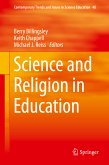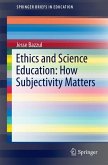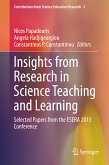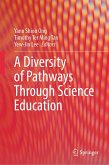This edited volume reveals a reflective culmination of the Socioscientific Issues (SSI) framework that examines past, present, and future trends along with advances in the field of science education. It presents, for the first time, what the precursors and nascent features of the framework entailed and examines the underlying presuppositions that have guided this research program as it matured into present day conceptualizations and cutting-edge advances of the SSI framework along with implications for the future. More precisely, the volume examines what the impetus was for the factors preceding the framework, how it came to be formalized into a conceptual and theoretical framework, the philosophical, sociological, and psychological underpinnings of the framework, its role with respect to moral education in the context of science education, and what it means to pursue
moral inquiry and
epistemic insight in the practice of science teaching and learning through SSI. It offers global insights and perspectives of trends related to SSI from 40 scholars representing 16 nations.
Dieser Download kann aus rechtlichen Gründen nur mit Rechnungsadresse in A, B, BG, CY, CZ, D, DK, EW, E, FIN, F, GR, HR, H, IRL, I, LT, L, LR, M, NL, PL, P, R, S, SLO, SK ausgeliefert werden.









